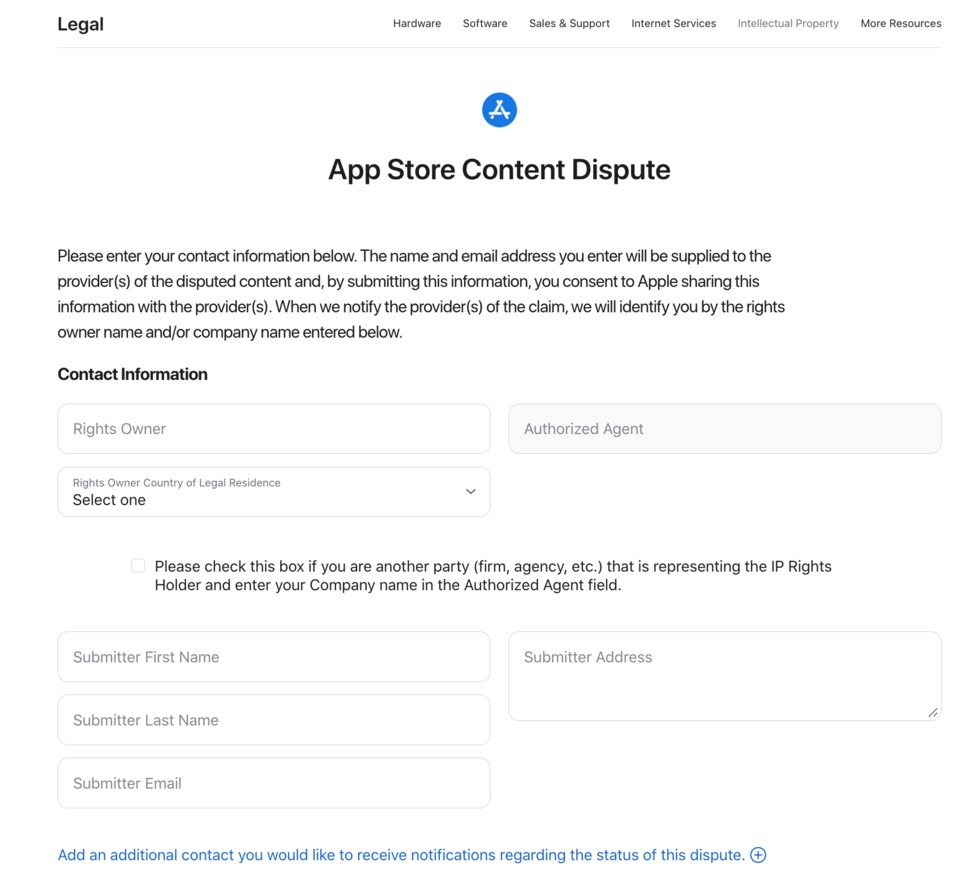
In a digital landscape dominated by tech giants, small app developers are raising concerns about the opaque intellectual property (IP) rules and takedown procedures implemented by Apple's App Store and Google Play. These practices, combined with the overwhelming market power of these platforms, are allegedly harming smaller businesses in the app development ecosystem.
The crux of the issue lies in the ability of companies to submit complaints about IP violations to these app stores. Upon receiving such complaints, Apple and Google can remove apps at their discretion, leaving accused developers with limited options for recourse. Given the market dominance of these platforms, removal from these stores could potentially spell doom for many small app developers.
This system has been described by University of New Hampshire law professor Peter Karol as a "shadow IP enforcement regime." Unlike traditional IP disputes that would typically be handled in federal courts, these private dispute resolution systems operate through internal notice and takedown architectures controlled by the platform operators.
Recent legal actions highlight the growing tension between app developers and tech giants. Musi Inc. has sued Apple for removing its music-streaming app following a complaint from YouTube about the app's interface. Similarly, Sarafan Mobile Ltd. has taken legal action against Google and Meta Platforms Inc. over the removal of its "Reely" app after Instagram raised concerns about logo infringement.
Both lawsuits allege that the defendants breached their agreements with app developers by removing the apps without sufficient evidence of infringement. Evgeny Krasnov, representing Sarafan, argues for a system with "more checks and balances" on the actions of large corporations.
While Google and Apple have established processes for detecting violations and handling appeals, developers claim these systems lack transparency and fairness. Both Sarafan and Musi reported difficulties in communicating with the complaining parties and faced swift removals of their apps with little explanation.
Legal experts point out that while notice-and-takedown mechanisms are common online, the private systems employed by app stores lack the public safeguards present in formal legal frameworks like the Digital Millennium Copyright Act (DMCA). This absence of transparency and accountability has led some to describe these private IP enforcement systems as the "Wild West."
The power imbalance between tech giants and small developers is further exacerbated by the contractual nature of these disputes. Developers essentially agree to a private enforcement scheme where platforms have significant discretion in interpreting and applying their own rules.
While antitrust concerns loom large in the background, the current lawsuits focus on contractual claims. However, the broader question of whether these app stores behave as gatekeepers remains a point of contention.
As our world becomes increasingly digital and app-dependent, the importance of fair and transparent IP enforcement in app stores grows. The ongoing legal battles may shape the future of app development and distribution, potentially leading to more balanced power dynamics in the digital marketplace.